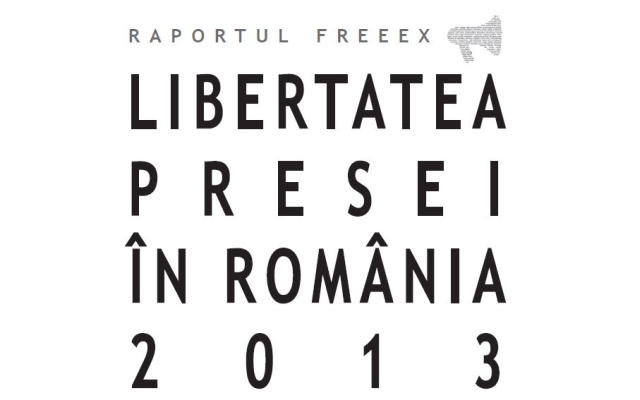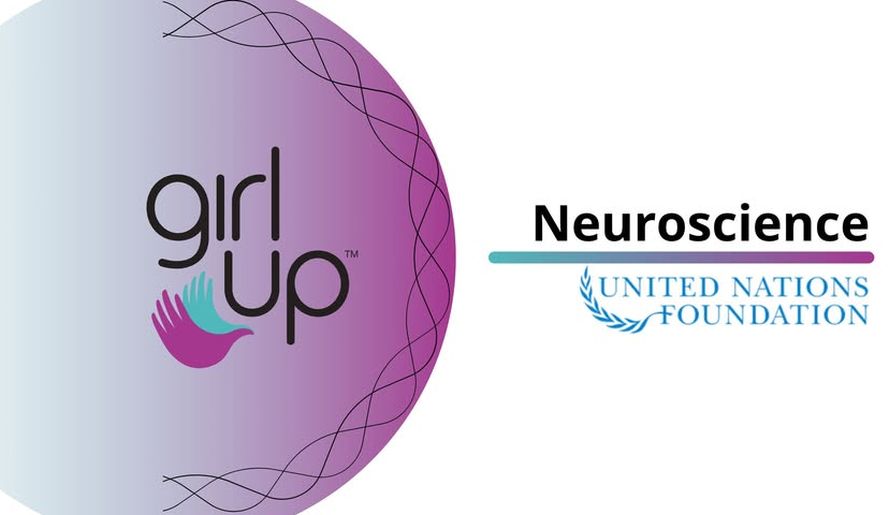The Mass Media Crisis in Romania
A feature on the crisis currently facing mass media in Romania

Christine Leșcu, 18.06.2014, 12:50
NGOs monitoring the freedom of the press have agreed that 2013 was not a very good year for the press around the world. Freedom House shows that only one out of seven people lives in countries where political news is reliable, the safety of the journalists is guaranteed, the state’s interfering with the media is low and the press is not subjected to onerous economic pressure.
Freedom House believes this state of fact is actually indicative of a decline as compared to past years, a decline mainly caused by the desire of authoritarian governments to have a grip on the news content, either by harassing journalists or through various other constraints imposed on news and ‘social media’ websites. Romania makes no exception to this downward trend, shows an annual report on the freedom of the press published by Freedom House. Here is more on the issue from Cristina Guseth, director of the Freedom House Romania.
“Romania has a score of 41 points and is considered a country that enjoys a partially free press. The report assesses the freedom of the press on three directions: the legal, political and economic frameworks. With 41 points Romania fares worse than Hungary, which reported severe problems in this respect and is rated at 35 points, being close to countries outside the EU, such as Albania, Kosovo, Macedonia and Bosnia.”
Romania’s issues concerning the freedom of its press are more related to the economic context. Here is Cristina Guseth again.
“Romania has too many press institutions that it can afford, economically speaking. Generally speaking, the private press is supported by economy, but Romania’s economy cannot cope with so many press institutions, newspapers, private radio and television stations. For this reason press institutions in this country have become very politicized (…) either directly through their political owners or indirectly. So, the politicization is massive in the mass media and the money pumped into these institutions doesn’t come from the economy, as it should. A second aspect is related to legislation and has less to do with legal framework but with the way in which the law is applied. I would refer here to the National Audiovisual Council, which does not enforce the existing legislation.”
Every year Active Watch Romania issues the FREEEX report assessing the situation of the local press in which any possible infringements on the freedom of the press are pointed out. The 2013 report confirms the decline mentioned by Freedom House and provides additional details to support this idea.
Here is Active Watch representative Razvan Martin.
“Some of the main factors contributing to the decline are editorial independence and public interest, which have been sacrificed for the sake of private interests. These two aspects have been largely affected by the excessive politicization of the media market. There are many big press institutions specialized in disseminating news of public interest, which are controlled by key political players. And there are many cases in which they use these institutions for political and economic gains or to exert pressure on the justice system.”
In some special cases, however, pressure is exerted by press institutions themselves.
“Last year two journalists got prison sentences for blackmail. The media has become a source of pressure and intimidation for journalists and social activists. We referred to this phenomenon only last year, although we had a similar case in 2012. We are talking about a very dangerous phenomenon in which ultimatums have been given to journalists to make them cease criticism leveled against certain influential persons. They were intimidated and threatened to be brought to court unless they stopped. It is absurd that people in a line of work that very much relies on the freedom of speech should threaten and intimidate their colleagues and deny their right to that same freedom.”
These phenomena included for the first time in 2013 reports have added to the classical actions of concealing information. Here is Razvan Martin from Active Watch again.
“People have been denied access to information for reasons of national security, as was the case of CIA detention centers; the state created a genuine shield around this issue in order to prevent journalists from further looking into the matter. At the same time we had many abuses committed by riot police against protesters. I refer to those in Pungesti, where many constitutional rights were violated, such as the right to free movement, the right of association and free speech.”
All these come against a background of financial burdens currently facing these institutions, which led to the closing down of newspapers and periodicals, which have been left only with their online editions, while some private television stations are already in the red. Budgets for advertising campaigns have significantly shrunk. The silver lining is that although in short supply, high quality media products are luring more and more people in spite of the theory according to which only light entertainment is popular.






























